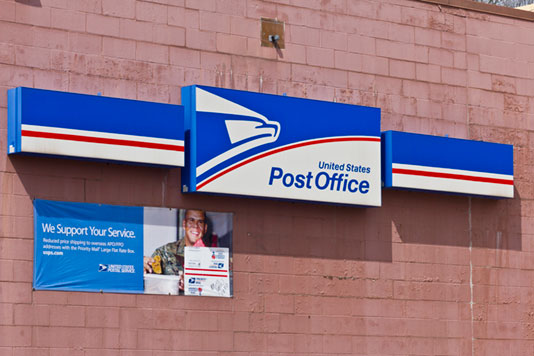“If people are failing, they look inept. If people are succeeding, they look strong and good and competent. That’s the “halo effect.” Your first impression of a thing sets up your subsequent beliefs. If the company looks inept to you, you may assume everything else they do is inept.” – Daniel Kahneman
When you work with a fulfillment partner, it is easy to oversimplify their involvement. True, a fulfillment house picks and ships orders. How could that hurt customer satisfaction?
Final Hands
Simply put, they are the last hands to touch your products and they are responsible for delivering the final product to your customers. To see where you stand, ask yourself a few questions:
• When your customer receives an order, how does it look?
• What packaging materials are used?
• How quickly does it arrive?
• How is the tracking information transmitted?
• How are returns handled?
If you have not audited the results in a while, it may be time to check your fulfillment results. Check our Guide for Fine Tuning Fulfillment for more tips and remember: A great fulfillment provider increases customer satisfaction, while a poor provider can actually damage satisfaction.
Case Study
One of our clients moved from a different 3PL because of customer dissatisfaction. The business started receiving complaints that orders were arriving in junky old boxes with newspaper used as packaging. Many orders were incorrectly shipped, leading to reshipments and delays.
If customers had not reported these issues, our client would not have known the impression their former 3PL was leaving on the customers. You have spent time and money making a good impression on customers. The last thing you need is a lousy box or a packing error to erode your credibility.
Errors Undermine Credibility
Mistakes not only cost money and time, but they damage customer trust. Medallion and Sprocket Express have a 99.9%+ accuracy rate and exceptional customer service personnel. In the case study above, errors and complaints stopped after the business switched to Sprocket Express for fulfillment for East Coast servicing. Customers almost never received incorrect items again, and the clean uniform packaging made a great impression on the recipients. The client added a packing tape printed with their logo, for a complete branded solution.
Speedy Delivery
When we first opened, our CEO used to joke that someday customers would hit the “buy” button and then check the mailbox. Ironically, we’ve nearly reached that point!
With Amazon leading the charge, customers continually have a higher expectation of speed (and shipping cost). To answer the call, most 3PLs expect to provide same day delivery within the next 5 years. And 40% say they anticipate 2 hour shipping by 2028. Interestingly, when Amazon offered 1- and 2-hour delivery in select markets, many customers preferred the free 2-day shipping instead. Speed is not everything, but shipping value is essential. The best shipping strategies offer a few options with a range of costs.
Knowledge is Satisfying
Immediately after placing an order, most website systems generate an order confirmation email. The more transparency a business provides during the order process, the more confident a customer can feel when interacting with the company. Therefore, as soon as an order is released to a carrier for shipment the tracking information should be communicated in real-time.
Both Sprocket Express and Medallion Fulfillment & Logistics sends automatic tracking information to your customer. And we can brand the email with your company information for a consistent image. We ship the same day and we also offer rush and special services.
We Are Here When You Need Help
These are just some of the ways that your fulfillment service partner can affect customer satisfaction. We strongly encourage you to call references when choosing a fulfillment provider and ask some of these questions. Your choice will be representing your business in public view, so it’s no easy decision.
Whichever partner you choose, we invite you to connect with us to share challenges and ideas via email or social media. To learn more about our services and our low industry pricing, see “What We Do”, or get a quote today.




